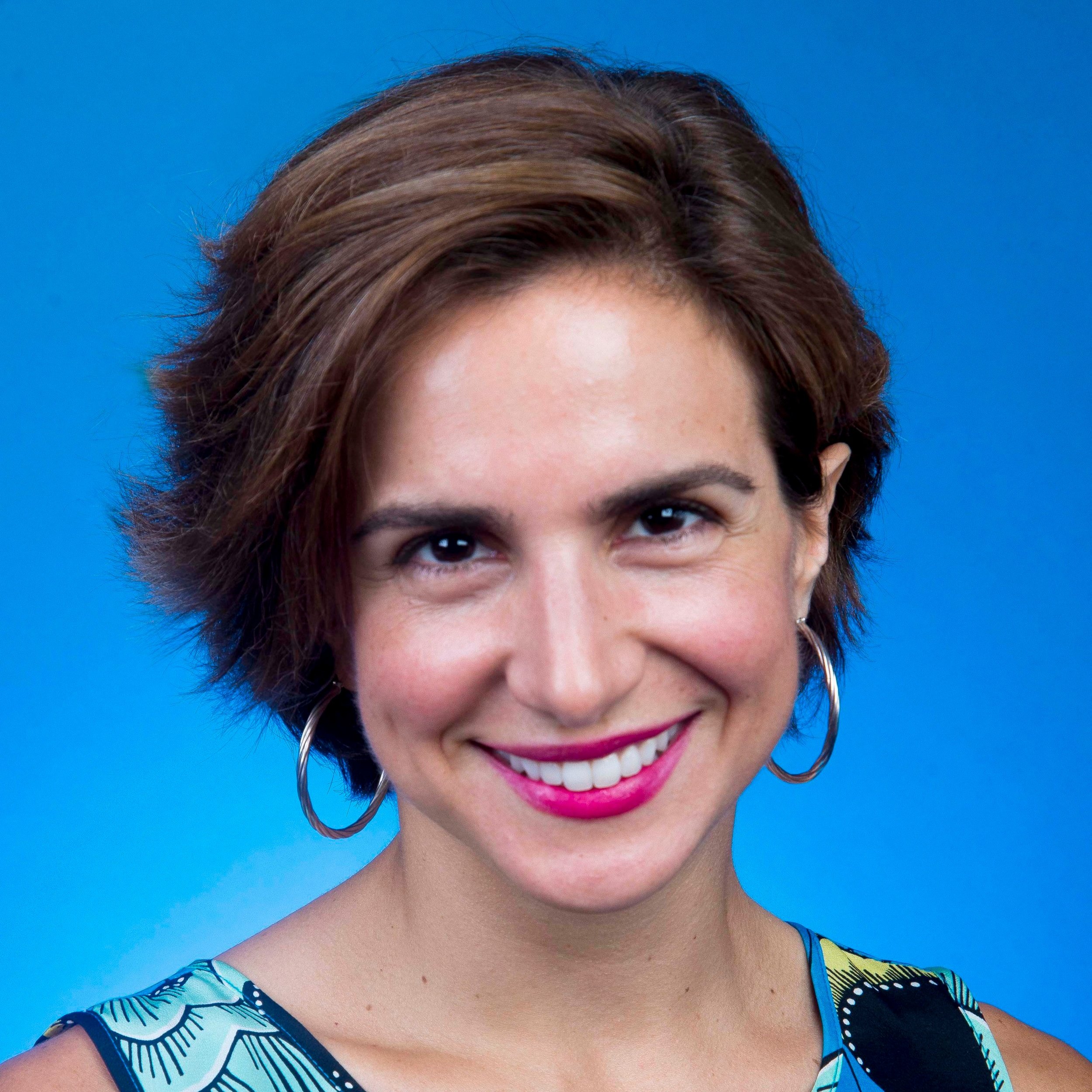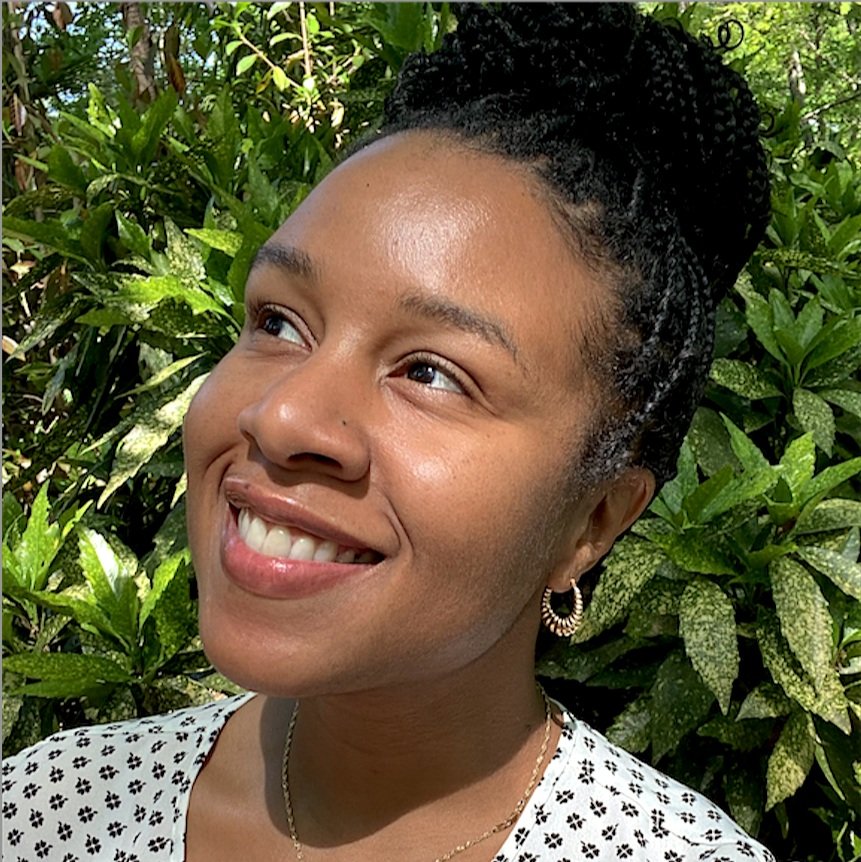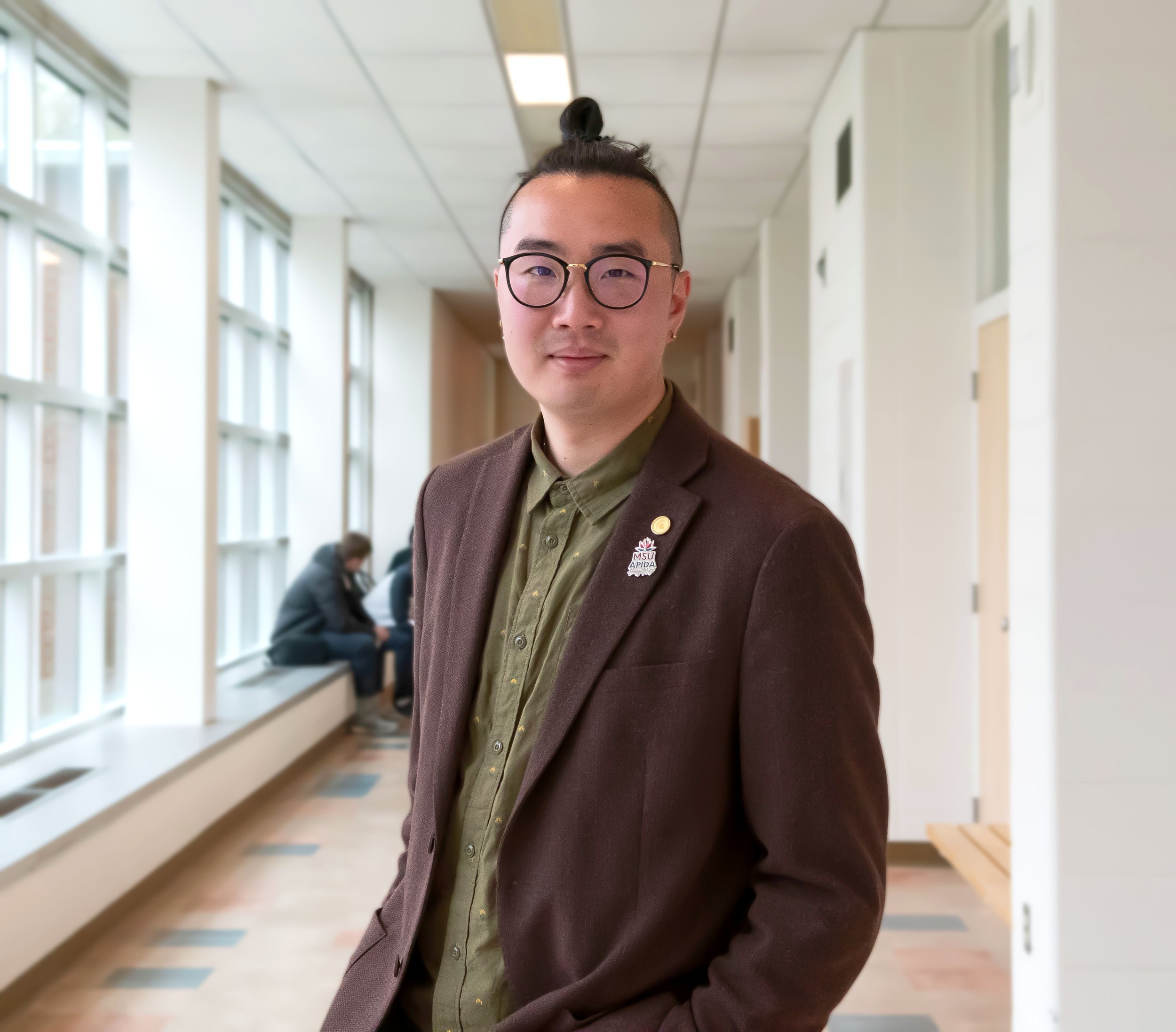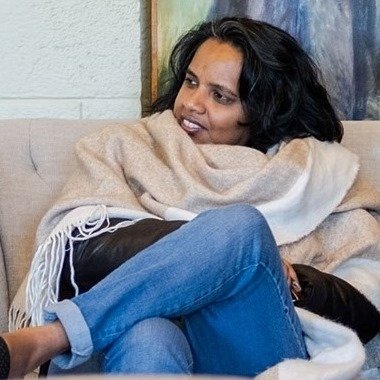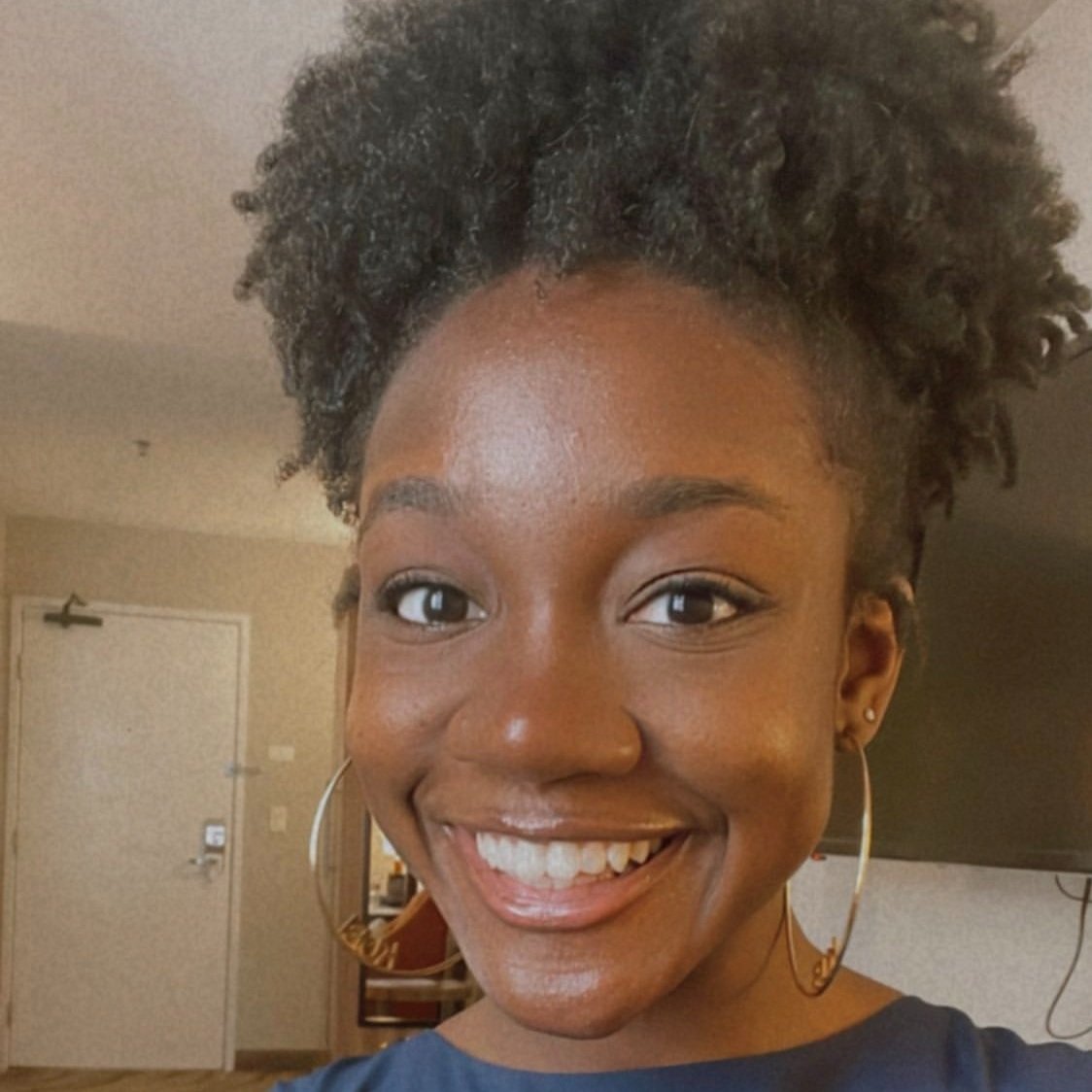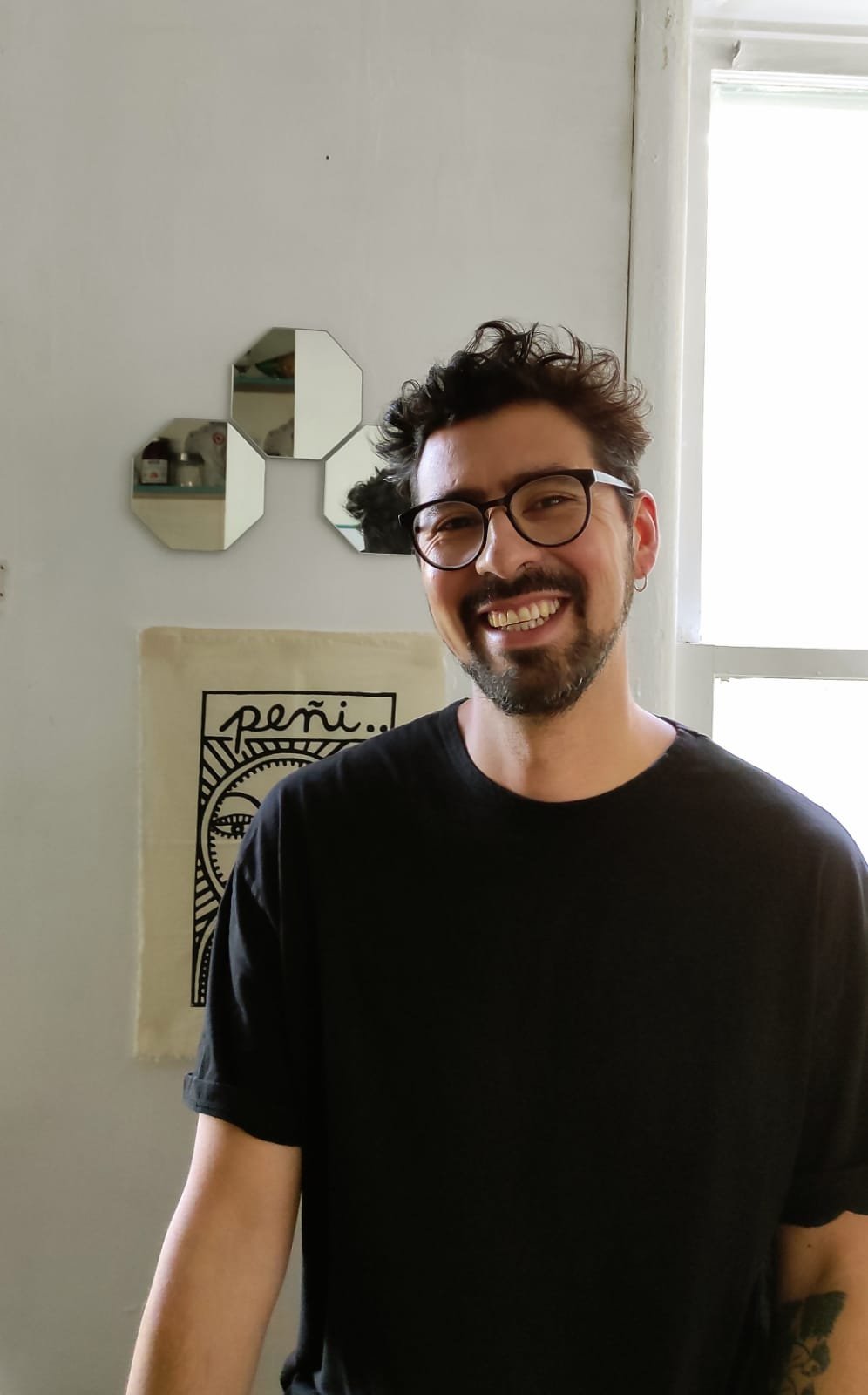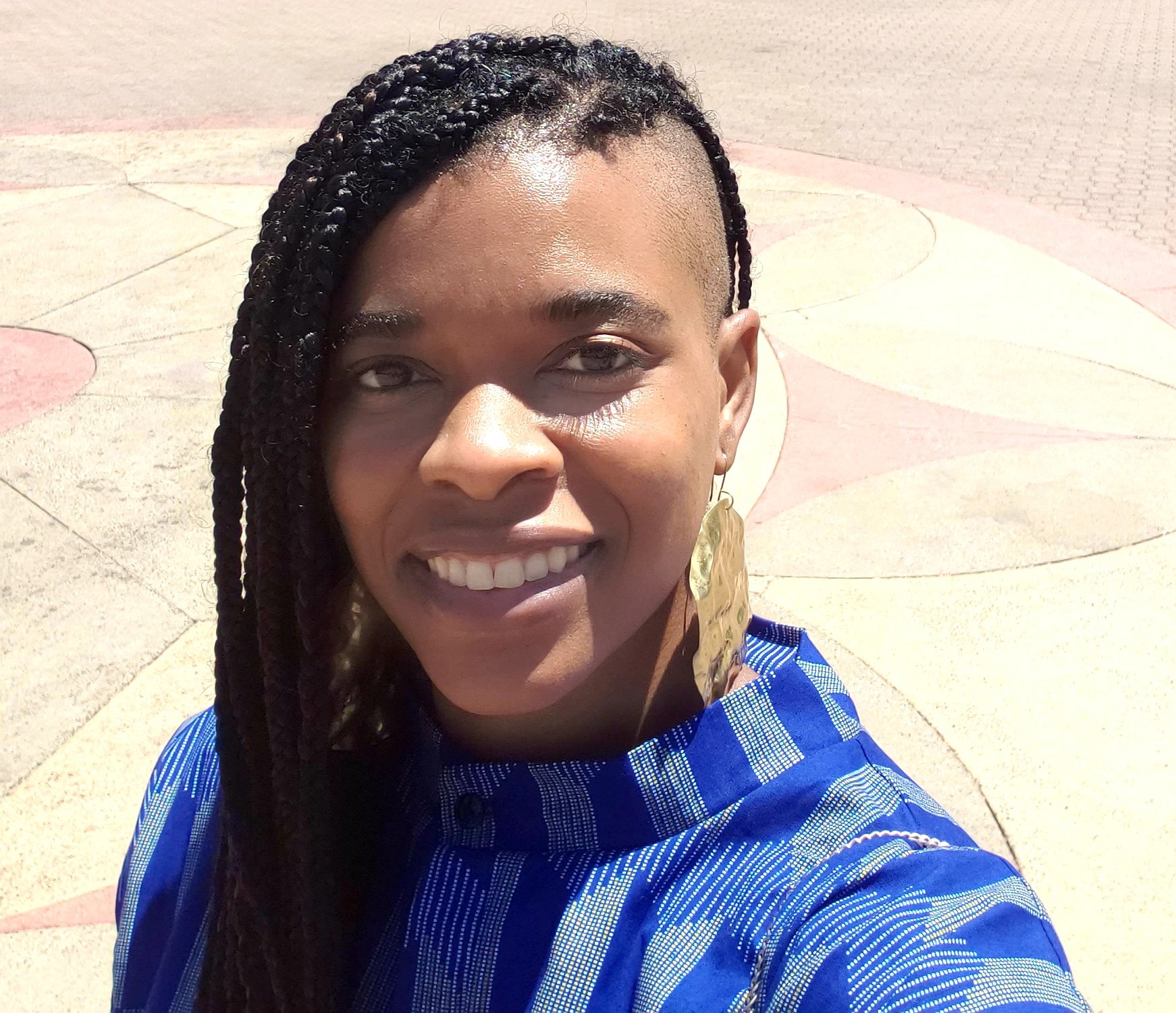2023 Curriculum Inquiry Writing Fellows
Joanna Batt
Joanna Batt (she/her) is a former U.S. History teacher, and current Ph.D. and Donald D. Harrington Fellow at University of Texas at Austin’s College of Education. She will be joining University of Houston in the fall of 2023 as an Assistant Professor of Social Studies Education in the Department of Curriculum and Instruction. She received her B.A. in history from the University of Notre Dame, and her M.Ed. in language and literacy from Harvard Graduate School of Education. Informed and inspired by her time as a high school teacher in Buffalo, NY, Joanna is deeply passionate about the relationship of history teaching, the arts, and social justice. She teaches and studies social studies education with an emphasis on race, gender, and sexuality, researching via feminist methods how critical history teaching and multimodal curricula centered in students' lives can support educational equity and student agency. Her work can be found in peer-reviewed journals such as Social Education, Middle Level Learning, and Texas Education Review; books such as Mindful Social Studies: Frameworks for Social Emotional Learning and Critically Engaged Citizens; and in popular media on the intersections of history, teaching and culture such as Not Even Past. She also moderates a racial literacy book club for middle schoolers in Austin.
Yianella Blanco
Dr. Yianella Blanco (she/her/ella) is an Assistant Professor in the School of Education at the University of California Davis. Her research interests focus on the teaching and learning of Latine/x histories and experiences, particularly those of Central America(ns) and how they intersect with American empire. Dr. Blanco’s research draws from community-based and participatory action research methods, as well as from critical, liberatory, and healing-centered practices in her work. She earned her Ph.D from Teachers College, Columbia University and prior to that worked as a special education and social studies teacher in New York City. Her experiences working with young people is what sustains her spirit as a current teacher educator fighting for just and humanizing school spaces.
Danielle Charlemagne
Danielle Charlemagne (she/her), a first-generation graduate student and immigrant from Saint Lucia, is a Ph.D. Candidate in the Department of Math, Science, and Social Studies Education at the University of Georgia, earning her degree in Educational Theory and Practice. Danielle has taught global studies in grades 5-8 for eleven years and currently teaches and supervises Social Studies Teacher Candidates at the Mary Frances Early College of Education. Her research interests include Post/Decolonial Discourses in the Caribbean and Latin America and her dissertation focuses on the nexus of Caribbean Speculative Fiction, Wynterian thought, and Curriculum Studies. Danielle earned her B.A. in American Studies with a concentration in Postcolonial Literature at Smith College and earned her Masters of Education at The University of Massachusetts, Amherst. Outside of research, Danielle currently enjoys time with her husband and their growing family exploring the North Georgia trails.
Kyle Chong
Kyle L. Chong ([張/陳][玉/創]庭) (he.him.his) is a Doctoral Candidate of Curriculum, Instruction & Teacher Education at Michigan State University on the ancestral and contemporary lands of the Anishinaabeg – Three Fires Confederacy of Ojibwe, Odawa, & Potawatomi peoples. Kyle is a transnational adoptee born in Taipei, Taiwan on Kulon, Ketagalan and Basai lands, and raised by Chinese American parents in San Francisco, California, on the unceded lands of the Ramaytush Ohlone. His research centers Asian[CR]i[T], transnational, and decolonial-informed analyses of the sociocultural foundations of education, curriculum, and Greater China. Kyle’s dissertation project, titled “Surviving China’s Rejuvenation— Global Han Supremacy and the Theft of Asian America in Education,” deliberates Sinocentrism, Sinophobia, and the role of Chineseness in (embodied) curriculum and education to contemplate the future(s) of Asian Pacific Islander Desi American Panethnic coalition. Kyle earned a B.A. in Politics & Government (Robert S. Trimble Distinguished Asia Scholar) from the University of Puget Sound on the traditional homelands of the Puyallup Tribe. Beyond research, Kyle is parent to Archer the Dog (an official good boy), three plants, and an aspiring landscape painter.
B. Anthazia Kadir
"Much like life, curriculum is replete with mystery and ambiguity" (Wiebe, 2013). This mystery and ambiguity for over 20 years keep Anthazia falling in love repeatedly with her calling as an Educator and Curriculum Practitioner. With a teaching resume that spans Canada and the Caribbean, Anthazia's sense of identity is rooted in the nomadic nuances of the traveller; however, it is the entanglements of Caribbean cultures and discourses that grounds her purpose in life. With varied life experiences in education and the arts, Anthazia brings her heart and wisdom into her practice. To this end, she works at the intersections of de-colonization as praxis, pedagogies of re-turning and re-membering, social justice education, transformative curriculum practices, teacher education reform, radical contemplative pedagogies and narrative research. She received her initial teaching qualifications at the Cyril Potter College of Education, Georgetown, Guyana, a Bachelor of Arts (Hons) Majoring in English with a minor in Philosophy from York University Toronto and a Master’s in Education - Curriculum Studies at the University of New Brunswick, (UNB) Canada. Her master's thesis explores culturally responsive practices as a promising framework to deconstruct Eurocentrism in Indigenous and Culturally diverse classrooms. Her current doctoral work at the University of the West Indies, Cave Hill, examines curriculum inquiry/work as not only fixing and reforming learning outcomes and evaluation strategies but also as a practice saturated with wonder, histories, cultural and linguistic nuances, and an embodiment of place. Thus, Anthazia is currently interrogating curriculum as a cultural and ideological praxis delving deeply into the vicissitudes of plantocracy within the Caribbean, how these live in us as Curriculum practitioners and educators, and how they influence how we design and implement the curriculum. Anthazia is hopeful that a Caribbean Decolonising Framework can be proposed out of her current work for the transformation of curriculum pursuits in the region. In the past, among her many collaborations with colleagues in the field of writing, teaching, and research, Anthazia has served as a narrative writing facilitator for Fiddlehead, one of Canada's oldest literary magazines, housed at her alma mater, UNB. Through her partnership with Fiddlehead, she started the Arrivals and Departures writing workshop for immigrants re-storing their lives after insurmountable grief and loss due to war and political unrest in their home countries. Her work in Canada resonates with her ongoing support for educators, social justice communities and seniors by facilitating creative pathways to living with uncertainty, designing dynamic curriculum experiences and contemplative healing-centred practices for educators in higher education. Also, coupled with her practice in Canada, Anthazia criss-crosses the Atlantic, straddling spaces of in-between, offering re-storying curriculum conversations as a guest lecturer at universities, conference presentations, facilitates narrative writing workshops for seniors, educators, and students and mentors graduate students pursuing qualitative research in the humanities and education, globally.
Gabrielle Kubi
Gabrielle is a doctoral student in the University of Michigan’s Combined Program in Education and Psychology. She graduated from Cornell University with a B.S. in Human Development with minors in Education and Inequality Studies and holds an M.S. in Psychology. During Gabrielle's undergraduate years, she participated in the Program for Research on Youth Development and Engagement, a community-engaged translational research program partnered with New York State (NYS) 4-H to better cultivate positive youth development within NYS 4-H programs. She is interested in the development of intersectional awareness among Black girls and women; as well as young Black people’s development of a critical consciousness as they navigate educational institutions; and how young Black people form their conceptions of race as they develop and navigate in the aforementioned ways. Gabrielle also investigate how educational spaces can be reimagined to further support such development and conceptions, particularly through university-school partnerships. In her free time, Gabrielle likes to watch cartoons and anime, to read, to ingest delicious food and drinks, and to spend time with loved ones.
Manuel Pérez-Troncoso
Manuel Perez-Troncoso is a Ph.D. candidate in Educational Policies, Organization & Leadership with a concentration in Global Studies in Education and a Graduate Certificate in Evaluation at the University of Illinois at Urbana-Champaign. His dissertation both unpacks and undoes Western and colonial deficit perspectives to address cultural diversity in education marked by South-South migration patterns in northern Chile. He develops the notion of "cultural-wealth pedagogies” to explain daily life lessons of northern Chile immigrant students and their mothers to navigate scenarios of marginalization. His research also engages with Culturally Responsive Research and Evaluation through the University of Illinois EvaLab, where he is part of an NSF research project exploring islander scientist pathways to navigate STEM careers in Puerto Rico, the US Virgin Islands, and Guam and Micronesia states. In Chile, Perez-Troncoso is a member of "Núcleo de Investigación en Educación Intercultural, Migración y Fronteras," a research network led by the University of Tarapaca.
LaToya Strong
LaToya lives in the best borough in New York City, the Bronx. She is a former high school science teacher and has taught in both the Bronx and Brooklyn, spending a lot of time on delayed trains. She is also the co-host of Abolition Science Radio, a podcast that explores the praxis of abolition, science, math, technology, and education. When they are not rewatching The Vampire Diaries, LaToya thinks about and tries to enact decolonial approaches to science and science education in community and collaboration with others. She swears by three things: big earrings, Black liberation, and 90s RnB.

